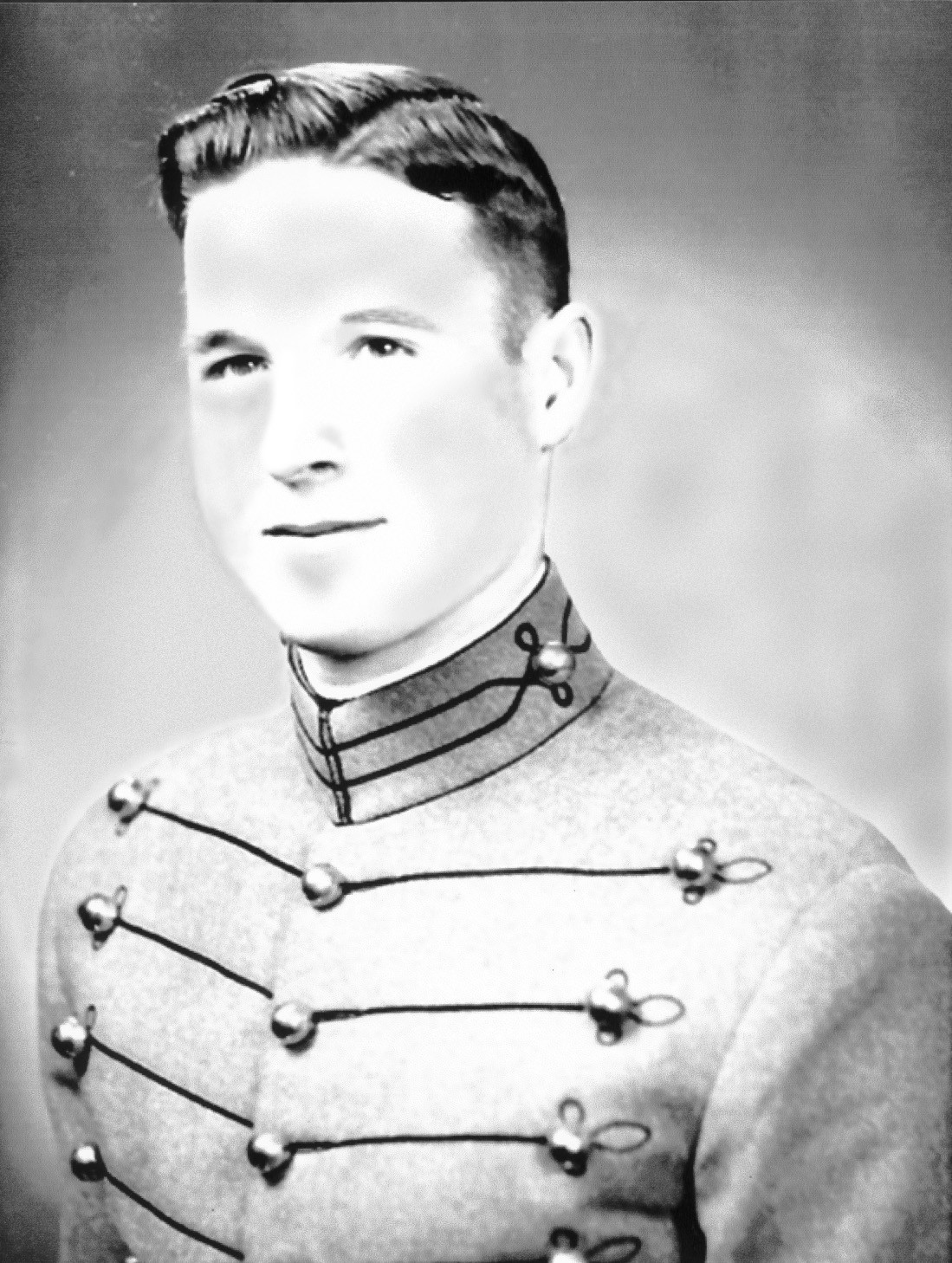A hero, according to Webster’s Dictionary, is a man of extraordinary courage, one who performs great deeds. Dick Shea was a hero in every sense of the imagination.
Portsmouth-born, Churchland High and Virginia Tech educated, and West Point trained, Dick Shea was the U.S. Military Academy’s greatest distance runner of all time. He won nine championship races and set five Academy track records. He won the national cross-country championship and was ranked among the country’s top runners in the mile and two-mile. The young track star also included the two-mile title in the Penn Relays and a new record in the Heptagonal indoor meet at Boston among his conquests. In one race, Shea defeated Horace Ashenfelter, who won a gold medal in the 1952 Olympics at Helsinki.
Shea became interested in track during an overseas assignment in Berlin as an enlisted man in World War II. Twice named to the coaches’ All-America track team, the Virginian graduated from West point with high honors, receiving the award as the cadet contributing most to athletics during the Academy career.
Shea was invited to become a member of the U.S. Olympic track team but rejected the invitation in order to go right into the Army as a second lieutenant. Shea, at the age of 26 was killed while leading an assault on Pork Chop Hill in Korea on July 8, 1953.
On May 16, 1955, Lieutenant Richard T. Shea, Jr., was posthumously awarded the Congressional Medal of Honor, the nation’s highest military award. Army Secretary Robert T. Stevens made the award to his widow, Mrs. Joyce Shea, in impressive ceremonies at Ft. Myer. Shea was cited for his “conspicuous gallantry and indomitable courage above and beyond the call of duty in action against the enemy near Sokkogae, Korea.” The U.S. Military Academy didn’t forget this hero, naming its track field close to the Hudson River in his memory. The Army further honored Shea in 1958 when they dedicated the stadium at West Point as Shea Stadium.

